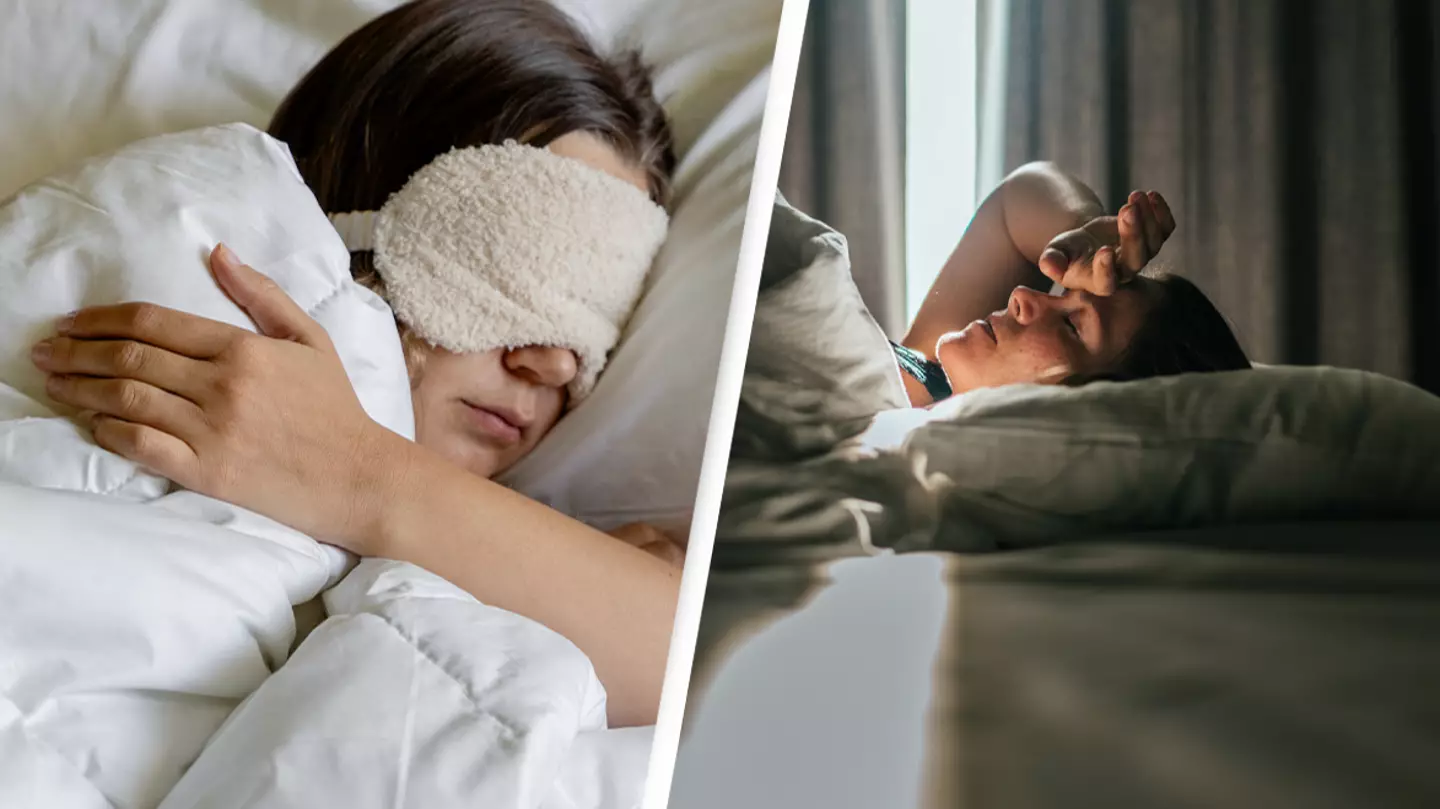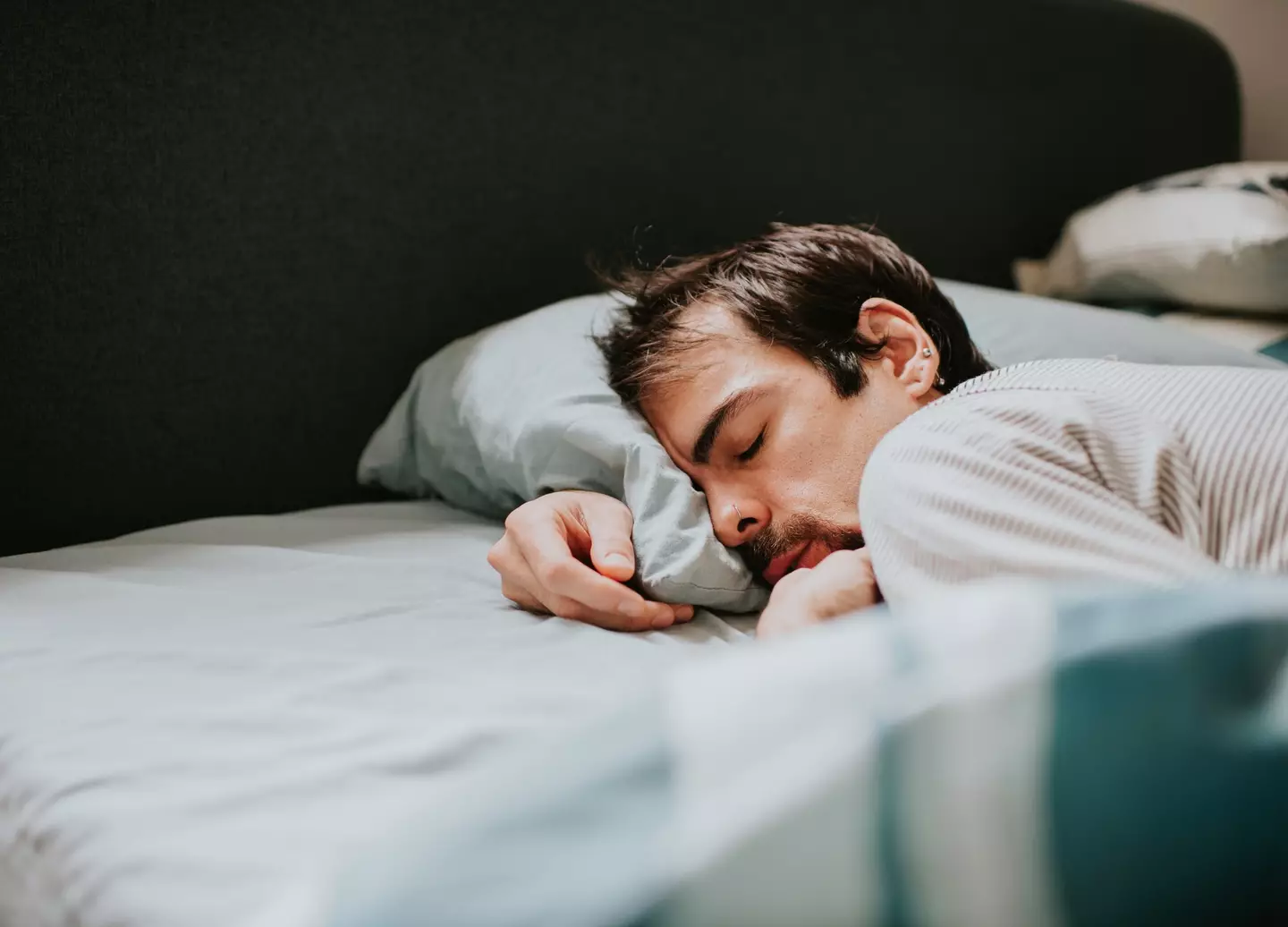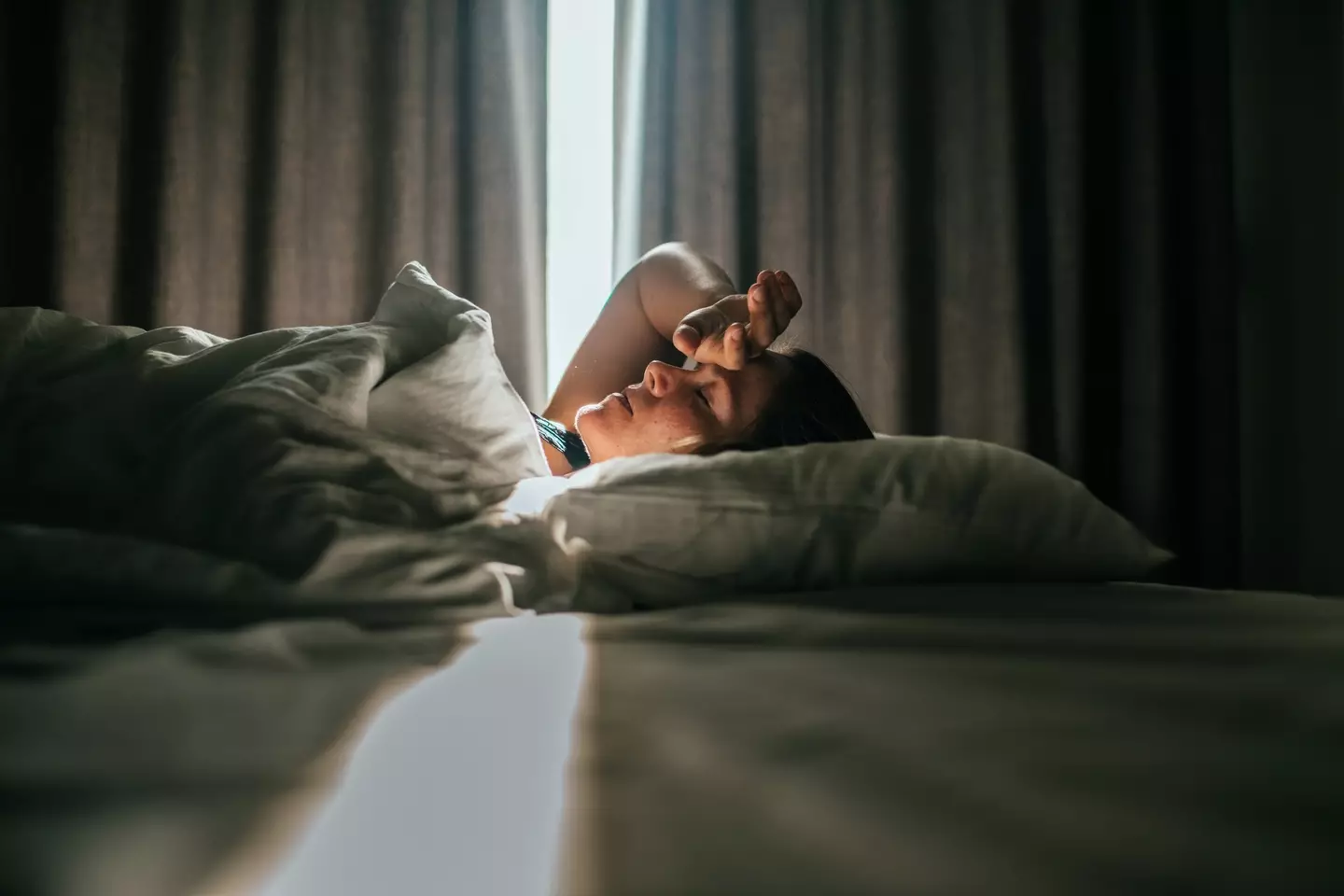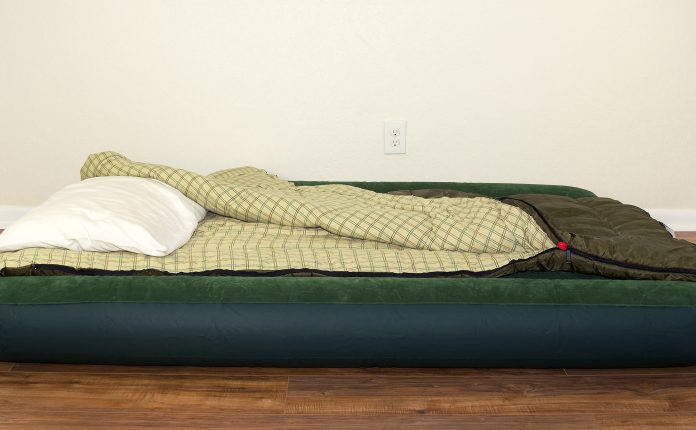
After setting your alarm to go off at 6.30am all year round, sleeping for as long as you like over Christmas is one of life’s greatest luxuries.
You’re guaranteed a great night’s sleep knowing you have nothing in particular to get up for – planning the day to your leisure.
But much to our disappointment, one doctor is actually warning against a lie-in and explained why they can be bad for us.
Speaking with Holland & Barrett, Dr Neil Stanley has urged people to stick with their regular sleeping schedule between Christmas and New Year.
He warned of the importance of ‘avoiding lying in during your Christmas break’.

A doctor is warning against festive lie-ins (Getty stock images)
The expert said: “Studies show that we start waking up about an hour and a half before we actually get out of bed.
“If our body and brain know when we’re going to wake up, they can prepare us to rise and hit the ground running.
“So, while it might seem tempting or even necessary to lie in and catch up on missed sleep, it’s actually counterproductive.”
The doctor noted that staying consistent with your wake-up time should make you feel more energetic, and will help to regulate your circadian rhythm over the holidays.
Our circadian rhythms are responsible for a number of vital functions including body temperature, metabolism, digestion, hunger and more.
They also form long-term memories during our sleep, and time when certain hormones are released in the brain.

Sticking to your regulate sleep schedule is good for your brain (Getty Stock Images)
Research by Harvard Health states: “An irregular circadian rhythm can have a negative effect on a person’s ability to sleep and function properly, and can result in a number of health problems, including mood disorders such as depression, anxiety, bipolar disorder, and seasonal affective disorder.”
When your circadian rhythms are out of sync, it affects our emotional coping skills, such as assertiveness or rationalisation, and makes us more likely to suffer from mental health conditions.
Harvard Health urged people to set an alarm at the same time everyday, and ‘avoid screen time and bright lights at least 60 to 90 minutes before bedtime’.
And while many of us fall victim to festive over-sleeping, it only makes getting back into routine 10x harder.


